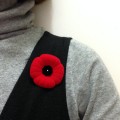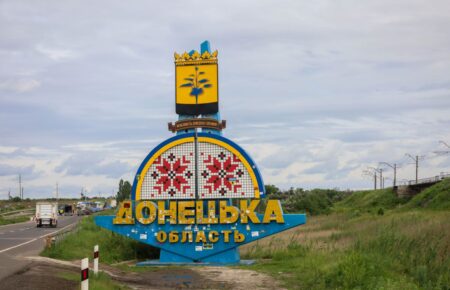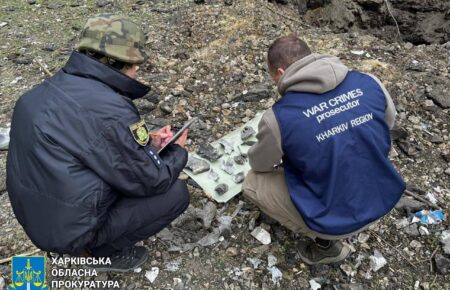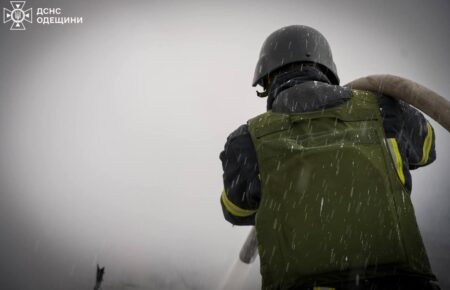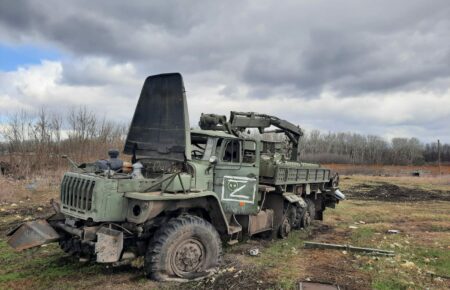
A Red Poppy, Also For The War In Ukraine. By Marta Dyczok
On November 11th Canadians mark Remembrance Day. We wear poppies and at 11:00 AM we pause to remember all those who lay down their lives in wars to protect our freedoms
On November 11th Canadians mark Remembrance Day. We wear poppies and at 11:00 AM we pause to remember all those who lay down their lives in wars to protect our freedoms. The tradition began in England at the end of World War I, in what writer H. G. Wells called “the war to end all wars”.
The 11th hour, on the 11th day, of the 11th month was chosen for the commemoration. That’s when the armistice came into effect, ending one of the deadliest conflicts in human history. Over 16 million dead, 20 million wounded.
The poppy was chosen as the symbol for blood spilled in war, and also new growth amidst the devastation of war. It was inspired by a poem, “In Flanders Fields”. Canadian physician Lt. Col. John McCrae wrote it after burying a friend and fellow soldier in 1915. Most Canadians know at least a few rows by heart:
“In Flanders fields the poppies blow
Between the crosses, row on row,
That mark our place; and in the sky
The larks, still bravely singing, fly
Scarce heard amid the guns below.”
A year ago I commemorated Remembrance Day with a friend who was visiting from Ukraine. It just so happened that we met on November 11th for a morning coffee. At 11:00, I asked him to join me in a moment of silence.
At the time, I couldn’t have imagined that Ukraine would once again be experiencing war, albeit an undeclared one. That I’d be listening to daily reports by Ukrainian Col. Andriy Lysenko on how many killed, wounded, what infrastructure was destroyed.
Or that I’d hear a new inspiring poem about war. It was read in a raspy voice on Hromadske Radio by volunteer fighter Borys Humeniuk on the 23rd of September. He himself said the title, “The Testament,” (Zapovit) following national bard Taras Shevchenko, was immodest. But it was full of hope.
This November 11th I’ll be remembering not only those long dead from war, but also those killed in the past few months, in my living memory. And looking forward to the day when war is over. And, as soon as I get a copy of the text, trying to memorize a new poem.
I’ve already got my poppy.
